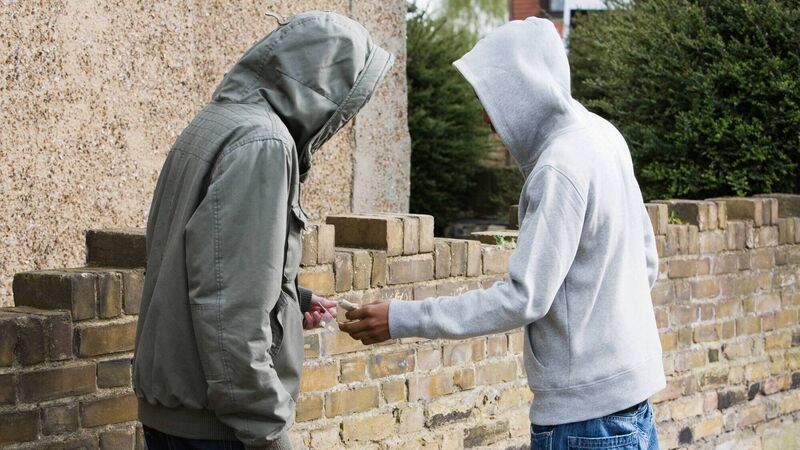Surge in juvenile drug-dealing sparks alarm among youth workers

The Citizens’ Assembly on Drugs Use — which is examining possible alternatives to criminalisation — heard at the weekend about a six-year-old boy dreaming of being like the local drug-dealers in his area when he grows up. File picture
Frontline youth workers are alarmed at the rise in young boys being sucked into the drugs trade after new figures show drug-dealing offences by juveniles have almost doubled in five years.
It comes as the Citizens’ Assembly on Drugs Use — which is examining possible alternatives to criminalisation — heard at the weekend about a six-year-old boy dreaming of being like the local dealers in his area when he grows up.










